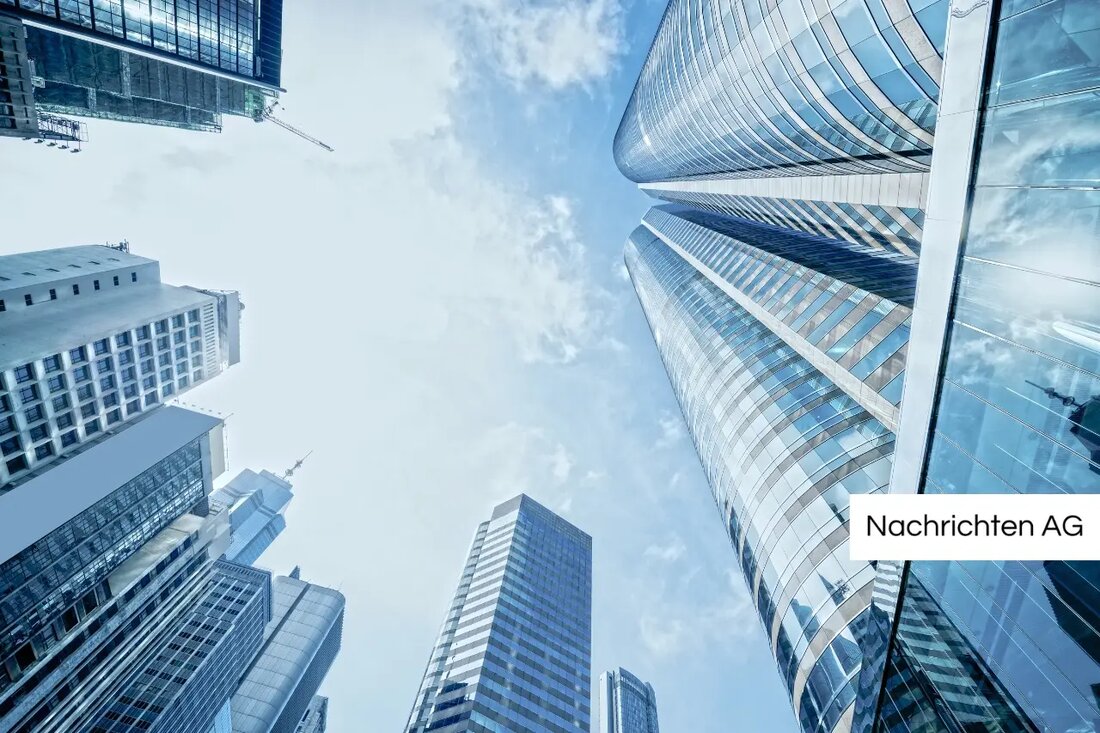Frankfurt: Stau-Hölle! Lost 80 hours a year - that's that bad!
Frankfurt: Stau-Hölle! Lost 80 hours a year - that's that bad!
Frankfurt am Main stands in the current Von Tomtom in a little gratifying place: The city occupies second place in the nationwide comparison with regard to time losing due to traffic jams. Drivers need an average of 26 minutes and 27 seconds to cover a distance of 10 kilometers, which corresponds to an average speed of 23 kilometers per hour.
These alarming numbers come from an analysis that was carried out in 2024 on the basis of data from smartphones and navigation systems. The loss due to traffic jams and traffic disruptions in Frankfurt amounts to 80 hours a year, which increases everyday pendulum load enormously. It is particularly striking that the highest traffic load on Thursdays between 5 and 6 p.m. with a traffic level of 60 percent.
comparison with other cities
In direct comparison, it turns out that the neighboring city of Wiesbaden has a significantly better traffic situation. Here the average speed in the city center is 31 kilometers per hour. Drivers in Wiesbaden only need an average of 19 minutes and 38 seconds for 10 kilometers and suffer an annual loss of time of 56 hours. This brings Wiesbaden to 14th place in a national comparison for travel time and 18th place in the loss of time due to traffic jams.
In addition, the annual Traffic index from TomTom Loss of time concerns that is required for a 10 km route. The city is behind Hamburg, Berlin and Leipzig. Hamburg is also ahead of 74 hours a year and lasts an average speed of 22 km/h during the rush hour.
European context
in European comparison, London is the city with an average speed of 18 km/h, in which drivers are slowest. There, commuters need over 33 minutes for 10 kilometers. Bucharest, on the other hand, has the highest traffic level in Europe, where the annual loss of time for commuters is around 150 hours, a comparison that makes the conditions in major German cities even clearer.
In view of these trends,are measures to relieve the streets and to improve the traffic situation more urgent than ever. Suggestions to avoid the congestion include the use of public transport, cycling as well as flexible work models and mobility budgets. Where possible, commuters should choose alternative means of transport to bypass the daily traffic jam and thus contribute to relief for road traffic.
| Details | |
|---|---|
| Quellen | |


Kommentare (0)